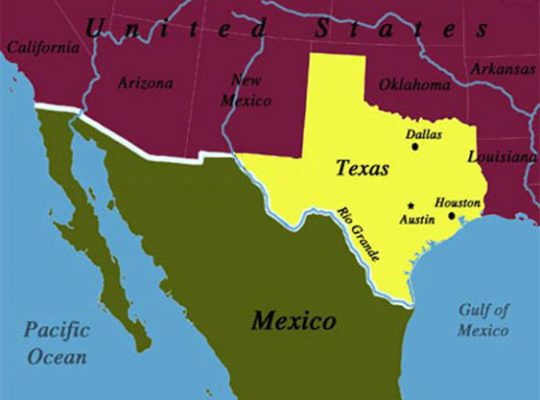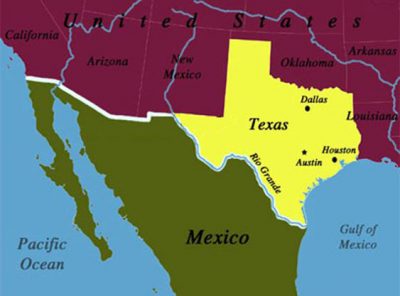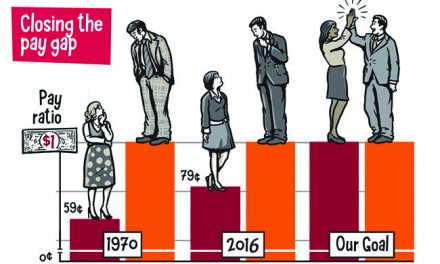 As Indian Voter Mallika Das Is Denied Language Assistance and Dies
As Indian Voter Mallika Das Is Denied Language Assistance and Dies
Asian American voters entitled to interpreter of choice under the Voting Rights Act
By AALDEF
The Asian American Legal Defense and Education Fund (AALDEF) applauded a federal court order blocking the Texas law that limits access to interpreters for limited English proficient (LEP) voters. The district court ruled that the Texas law, which requires interpreters to be registered voters, violates the Voting Rights Act (VRA), which protects the right of voters to select persons of their choice to assist them at the polls.
Jerry Vattamala, AALDEF Democracy Program Director, said: “This is a great victory for Asian American voters and all LEP voters across the state of Texas. The federal court recognized that Asian Americans still face barriers at the polls and that Texas had restricted their right to language assistance. We look forward to seeing improvements in the state’s compliance with federal law when we conduct our Asian American exit poll in the November presidential election.”
In his 21-page opinion in OCA-Houston v. State of Texas, federal district judge Robert Pitman granted AALDEF’s motion for summary judgment and enjoined the “Interpretation Provisions” of Texas Election Code 61.033, which “flatly contradict Section 208” of the VRA by “arbitrarily requiring the interpreter to be registered to vote in the county where assistance is being sought.”
Margaret Fung, AALDEF Executive Director said, “State laws must not be used to restrict voter access for communities of color, including Asian American citizens with limited English proficiency. The enforcement of the Voting Rights Act is still necessary to ensure that Asian Americans can participate fully in the political process.”
Asian American voters benefit from section 208 because most jurisdictions in Texas are not required to provide Asian-language interpreters under the Voting Rights Act. Section 208 allows LEP voters to be assisted by their friends or family members inside the voting booth, regardless of the citizenship or voter registration status of the assistor.
AALDEF filed the lawsuit on August 6, 2015, on behalf of OCA-Greater Houston, a nonprofit organization, and Mallika Das, an Indian American voter denied language assistance from her son in the 2014 midterm elections because he was not a registered voter in that county.
On behalf of OCA-Greater Houston, Deborah Chen said: “As an organization working to civically and politically empower Asian Americans here in Texas, we are pleased to see that this significant barrier to voting for LEP Asian Americans has been removed. Empowered by this decision, we will continue our work to ensure that more Asian Americans in Texas are civically engaged.”
While plaintiff Mallika Das passed away in the course of the lawsuit, Saurabh Das, her son, joined AALDEF in applauding the decision: “I am happy that the court has sided with LEP Asian American voters and protected their rights under federal law to receive assistance from persons of their choice. I hope that this decision will allow more LEP Asian Americans to vote for many elections to come. My mother would have been pleased to see this outcome.”
Fish & Richardson P.C. was pro bono counsel in this lawsuit. David Hoffman, a partner at the law firm, said, “Fish & Richardson was honored to be able to help the Plaintiffs and AALDEF with this case. We hope that the decision will stand as a worthy memorial to Plaintiff Mallika Das, who tragically passed away during the case.”







